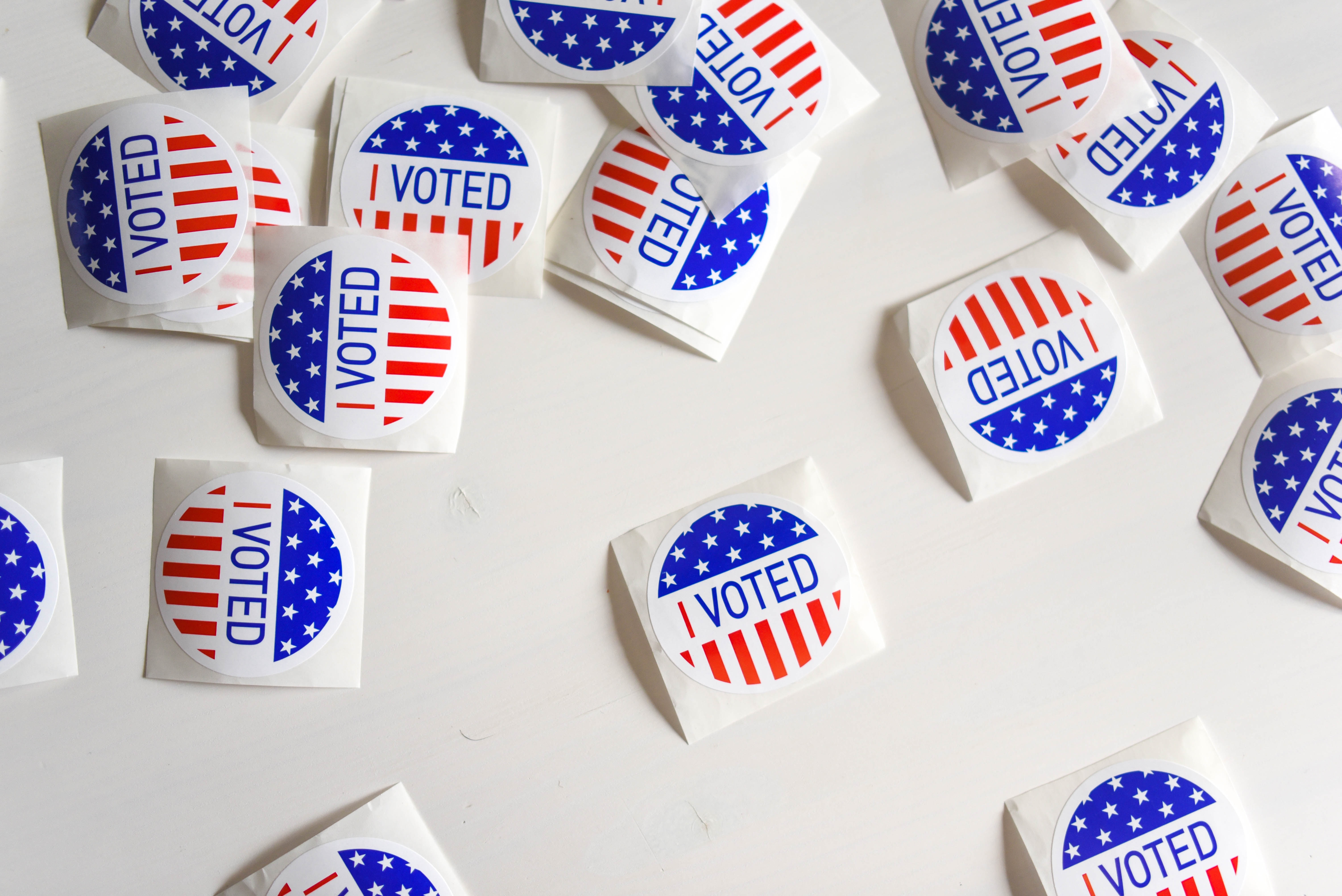
NAACP, NC lawyers oppose GOP attempt to restore voter ID now
RALEIGH, N.C. (AP) — It’s too late to restore a photo identification requirement to vote in North Carolina for the March primary, attorneys for the state and the NAACP wrote separately on Friday, opposing efforts by Republicans to suspend a judge’s order blocking the requirement.
The State Board of Elections — a defendant in a lawsuit challenging the 2018 voter ID law — is already appealing U.S. District Judge Loretta Biggs’ order on Dec. 31 halting the use of photo ID for the time being. But the state Department of Justice, which represents the board, didn’t try to overturn her preliminary injunction before the March 3 primary because it said restoring voter ID now would cause confusion.
That prompted North Carolina Republican legislative leaders to file a motion Jan. 10 seeking to officially enter the lawsuit and ask the voter ID law to be enforced in the primary. Attorney General Josh Stein’s lawyers pointed out that House Speaker Tim Moore and Senate leader Phil Berger aren’t parties in the lawsuit. Biggs has twice rejected their requests to join the case.
The election is already underway, with more than 8,000 absentee ballots requested so far and hundreds of ballots already returned, Friday’s brief says. The voter ID law requires absentee ballot filers to comply with the photo ID mandate, too. Early in-person voting begins Feb. 13.
“The state board has taken a number of specific measures to comply with the court’s order, and it would be extremely difficult, if not impossible, and confusing to the public, to unwind many of these actions in an orderly way if the order were stayed,” the state’s lawyers wrote.
The state NAACP and local NAACP chapters sued over the law in December 2018. Biggs ruled about a year later that the voter ID rules appeared to contain the racially discriminatory taint of several sections of a 2013 voting law that a federal appeals court declared unconstitutional in 2016. That 2013 law required photo ID but also scaled back early in-person voting. Republican legislators, who had approved both laws, disagree with Biggs.
The NAACP’s lawyers agreed any reversal would cause confusion, but also wrote the Republicans are unlikely to be able to overturn Biggs’ order. The civil rights groups say there’s good reason to believe provisions in the new law — which GOP lawmakers say make it easier for voters to comply — would still disproportionately harm African American voters.
“Staying the preliminary injunction at this point would lead to a dysfunctional enforcement of an unconstitutional law that would undoubtedly undermine the integrity of that election and disenfranchise North Carolina voters,” the NAACP brief read.
By Gary D. Robertson


 How to resolve AdBlock issue?
How to resolve AdBlock issue? 